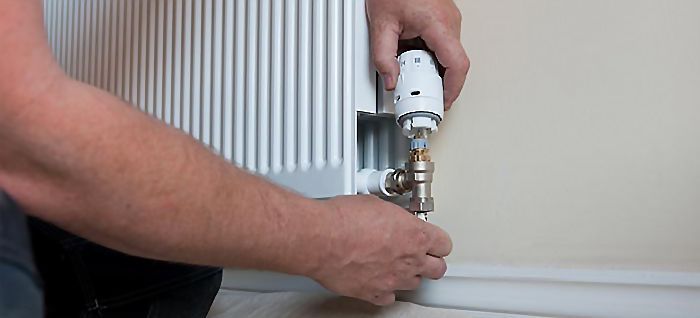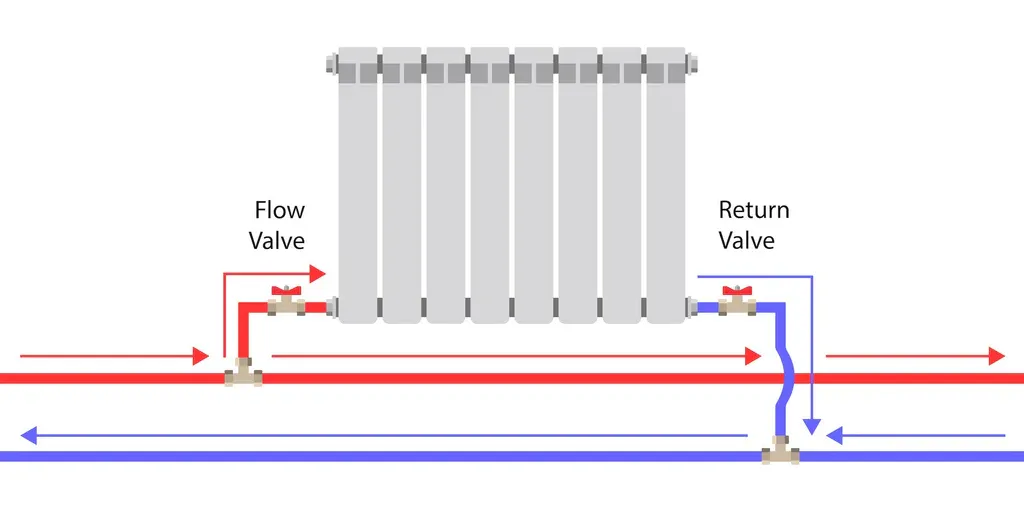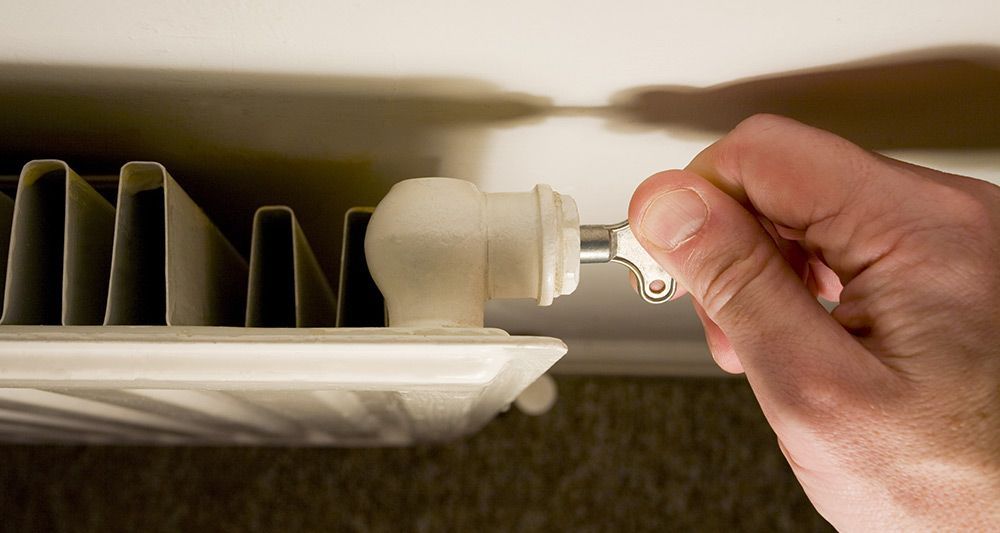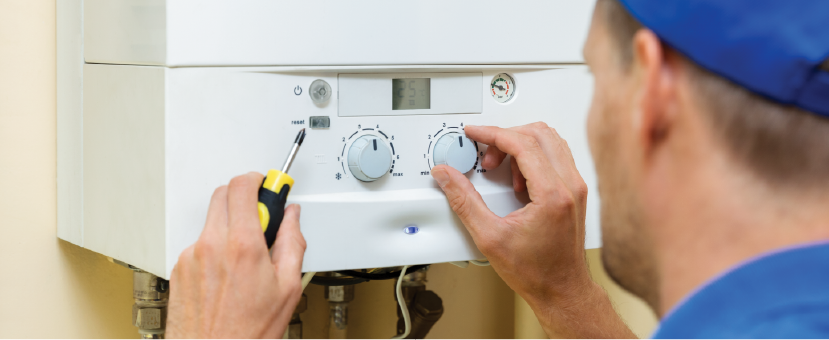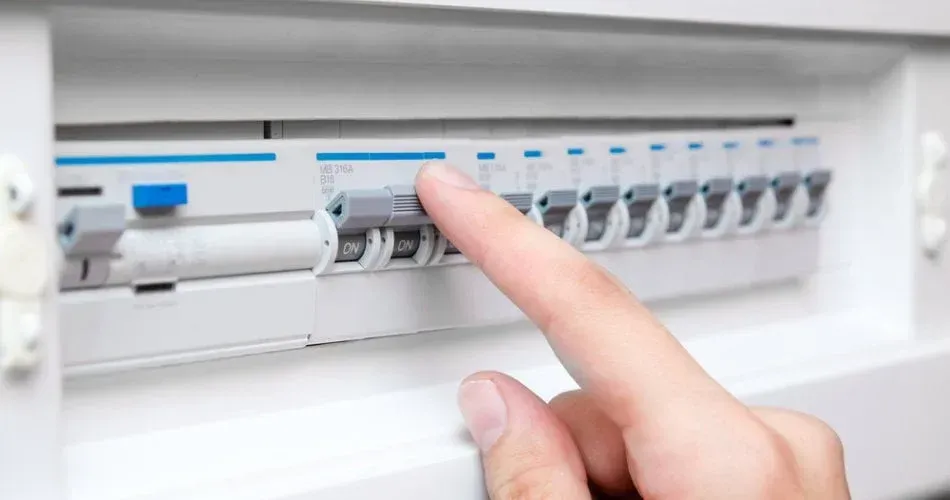Understanding Common Baxi Boiler Fault Codes
Common Baxi fault codes
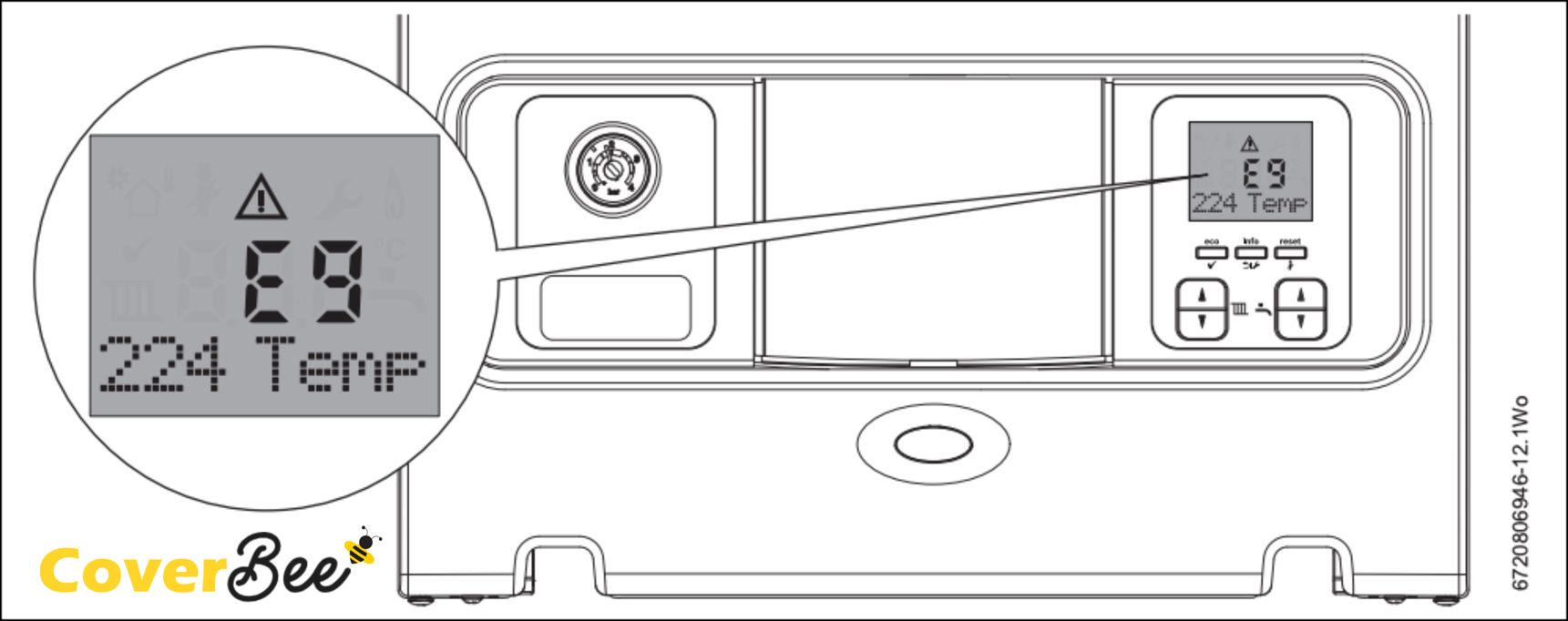
Baxi is a leading manufacturer of boilers that is known for providing exceptional heating solutions. However, like any other mechanical equipment, at some point, your Baxi boiler might experience a fault. Thankfully, Baxi boilers are designed to provide fault codes that deliver insight into the exact nature of the problem it's encountering, streamlining the diagnostic and repair process.
The following is an in-depth look at various Baxi boiler fault codes to help you understand their meaning and the likely actions required for each one. Notably, while this information can help identify the issue, all repairs should be carried out by a Gas Safe registered engineer to ensure the work is done safely and to the correct standard.
1. E110: This code indicates an overheating boiler. It could be linked to a lack of circulation or a failure in the pump.
2. E119: It's an indication of low water pressure in your boiler. This could be due to water leaks, bleeding radiators or a fault within the boiler itself causing the pressure drop.
3. E125: This fault code is a sign of low circulation or an overheating heat exchanger.
4. E128: Indicates a loss of flame during operation. Could be caused by an issue with the gas supply, a defect in the appliance, or a blocked condensate drain.
5. E133: This code is an ignition fault code and means that your boiler has attempted to ignite three times and failed.
6. E160: It points to a fault with the fan, possibly related to a broken wire or loose connection.
7. E166: This is a potential issue with the boiler overheat thermostat, which can occur if there's poor circulation within the boiler or a blockage.
8. E168: Presents when the boiler has experienced an unexpected power cut or has been reset, which can result in an issue with the Printed Circuit Board (PCB).
9. E270: Indicates a fault with the flue or a problem with the air supply.
10. E317: This code suggests that the boiler’s ‘wrong power setting.’ Essentially, the boiler has been installed to work on a setting that doesn't match the actual onsite gas supply type.
11. E321: If your Baxi boiler displays this code, an ignition fault has been detected.
12. E384: This highlights an issue with your boiler's flame. When the boiler attempts ignition, it 'detects' an alien flame which shouldn't be present.
Akin to all appliances, Baxi boilers are likewise subject to various issues, even though they are typically famous for their reliability and superior performance. While these boiler fault codes can be somewhat daunting initially, they are designed to help property owners identify a fault quickly when it occurs, which not only aids in cutting down the downtime of your boiler but also in potentially saving quite a hefty amount on unnecessary repair costs.
However, it is highly recommended that you don't try and diagnose or fix the problem yourself if you're not qualified. Tackling a problem without professional knowledge can lead to more harm than good and put your safety at risk. Always recruit a Gas Safe registered engineer to address your boiler issues. Furthermore, it's important to service your boiler regularly (typically once annually), as this can help identify potential fault codes and address them before they become more serious problems that may prevent your boiler from operating effectively.
In conclusion, these Boiler fault codes offer highly beneficial information, serving as an early warning system by providing homeowners and heating engineers valuable first-hand diagnostics in determining the problematic areas. It's important to remember that even if the fixes seem fairly effortless, only the professionals should handle them. Considering the highly technical and intricate nature of boilers, only competent engineers with adequate experience should attempt to resolve any issues. Unless it comes to simply re-pressuring your boiler, always contact a professional and refrain from dissecting your boiler due to safety concerns and to avoid terminating your warranty unnecessarily.


